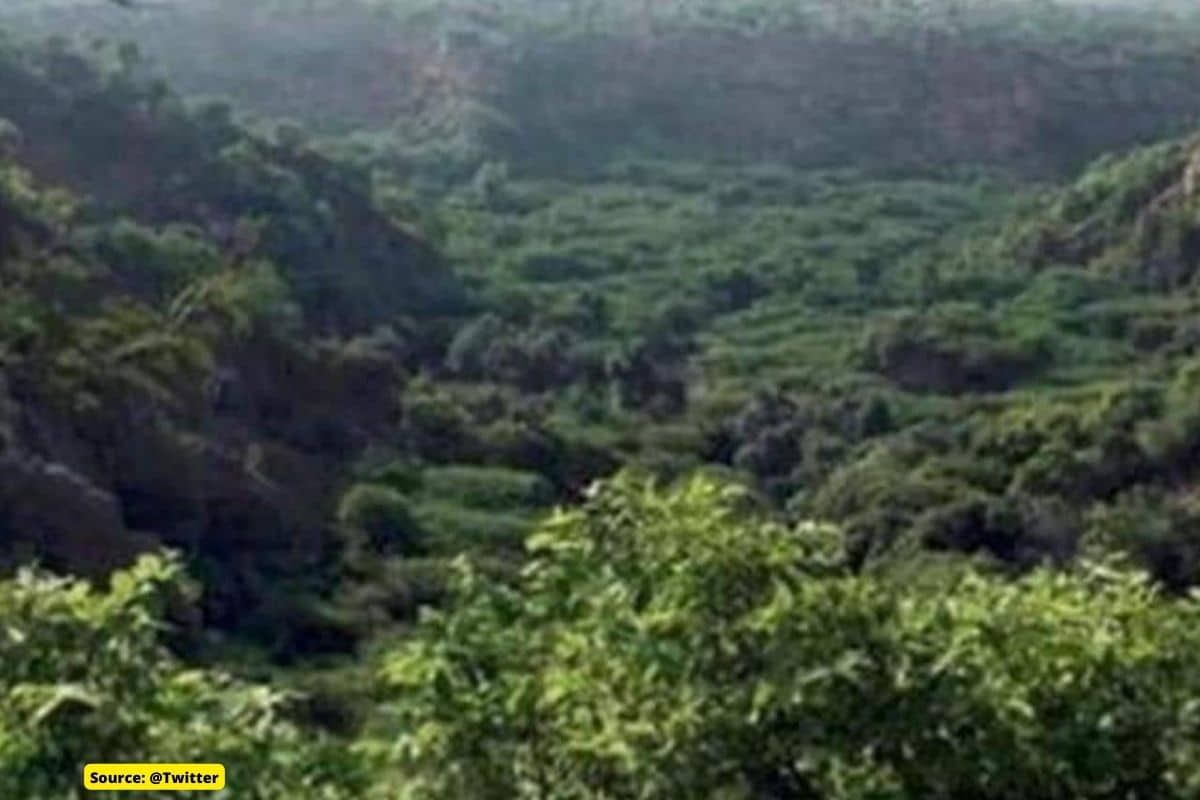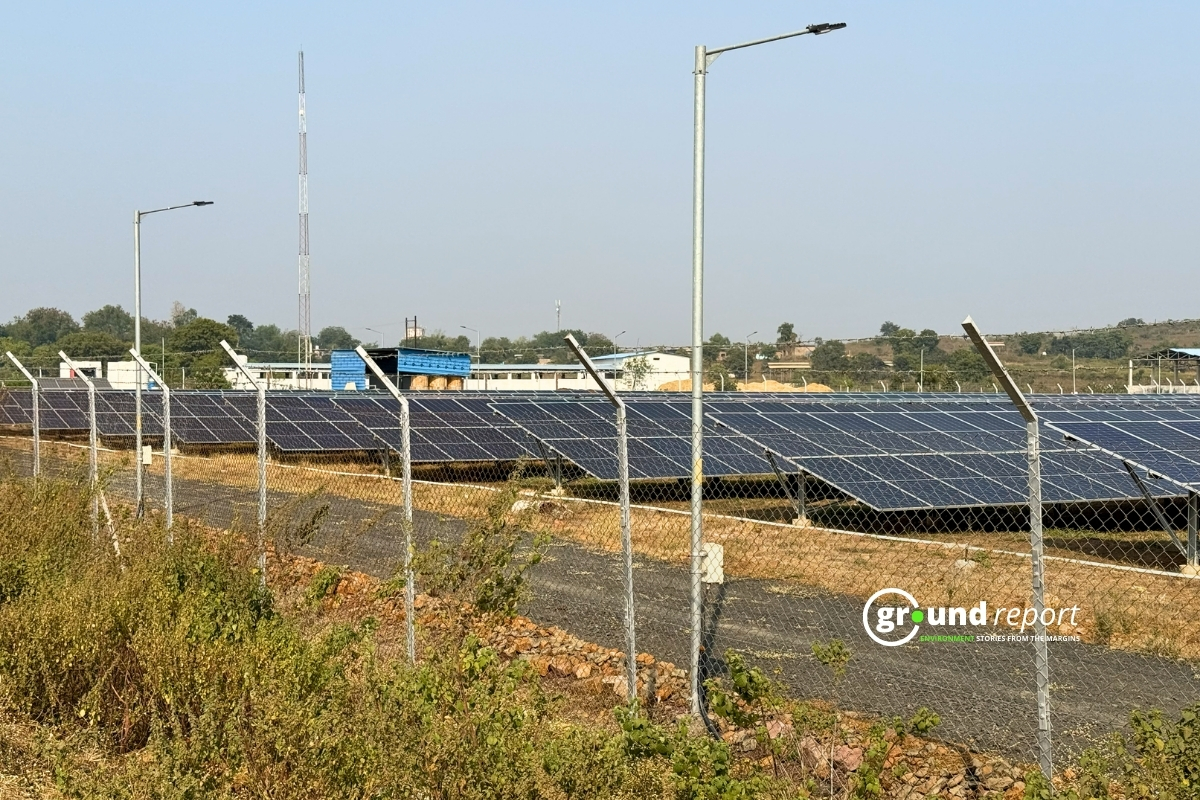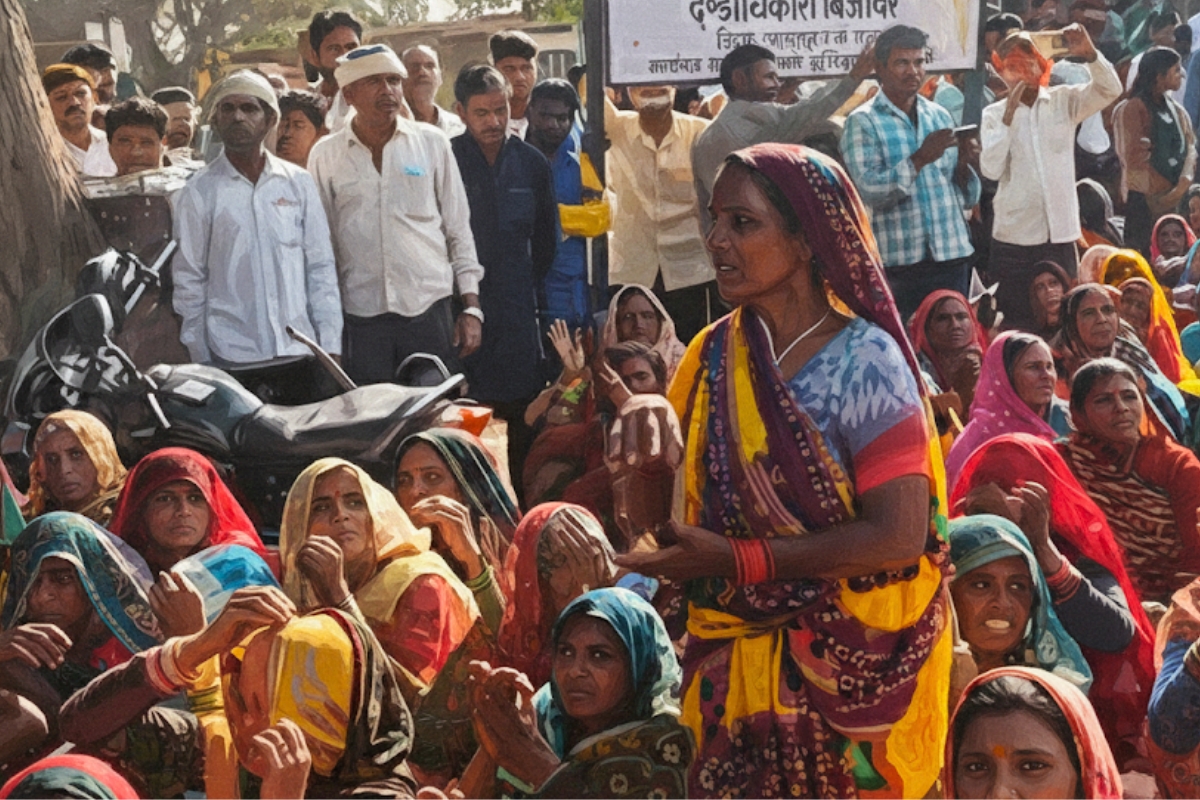The Chhattisgarh government has suspended proceedings on three future coal mine projects transferred to Rajasthan Rajya Vidyut Utpadan Nigam Limited (RVUNL) in the Hasdeo Arand forest in the Surguja region. The government’s decision came a few days after Health Minister T.S. Singh Deo visited Surguja and Surajpur districts and supported the protesters.
Hasdeo Bachao Andolan
Surguja district collector Sanjeev Jha told the media that “official procedures for the three coal mining projects to be implemented in the second phase of Parsa East and Kente Basan (PEKB), Parsa and the Kete expansion have been suspended.
“The mining of PEKB (Parsa East and Kete Basan coal mines), which began in the first phase, will continue as it has been going on since 2013. However, all departmental or official processes for the second phase of PEKB and the expanded extraction of Parsa and Kete projects have been suspended indefinitely, ”said Surguja collector Sanjeev Jha.
The second phase of the PEKB project, which includes 1,136,328 hectares of forest land, was approved by the state government on March 25. Approval for 41,538 hectares of forest land for the Para project was granted on 6 April.
Read Ground Report’s coverage of Hasdeo Aranya
Tribes in Hasdeo Aranya, a dense, biodiversity-rich forest in Chhattisgarh, have been protesting for the past 97 days against mining in the area.
Three mines have been transferred to RRVUNL, and the Adani group is affiliated with it as an MDO (developer and operator of the mine), Ja said. He added that the existing mines in the region will continue to operate. The state government recently issued final approval for deforestation for Parsa and Phase II PEKB coal mines.
Hasdeo Forest
The Hasdeo Arand area in Surguja, the northern district of Chhattisgarh, is one of the largest blocks of forests in central India. It is spread over 170,000 hectares and its forests are home to more than 350 species of animals. The unique Hasdeo forest in Chhattisgarh is also home to 20,000 tribal people.
A large number of tribals are going on indefinite dharna in Hasdeo. Muneshwar Porte, a tribal from Fatehpur village, which is now to be destroyed, said: “We are facing a dire situation right now and hence we are protesting indefinitely. If our lands are snatched away then our future generations will lose their identity and our existence will end forever.
Chipko Movement
The Chipko Movement is a nonviolent resistance aimed at protecting India’s forests. The movement began in the 1970s in response to increasing deforestation for trade and industry. As government-controlled exploitation of natural resources began to threaten the lives of Indian peasants, they sought to stop the destruction by using the method of satyagraha or Mahatma Gandhi’s nonviolent resistance. It soon began to spread throughout the country, becoming an organized campaign known as the Chipka Movement.
India’s forests have long been one of the country’s most important resources, providing livelihoods for forest and rural communities, as well as maintaining ecological balance. During British colonial rule, laws were introduced – known as the Indian Forest Acts of 1878 and 1927 – to allow the government to manage natural resources. These laws gave the state the right to exclusively control the use of certain areas, which had a very negative impact on communities that have traditionally relied on forests for their survival.
The Chipka movement began as a way for rural communities to regain control over forest use. Inspired by Gandhi’s methods, the first nonviolent demonstration took place spontaneously in the Himalayan region in 1973. Demonstrators hugged trees to save them from falling, giving the movement the name “tenacious”, which in Hindi means “hug”. or “hug”. Demonstrations soon began to spread throughout India.
The Chipka movement gained popularity under the leadership of Sunderlal Bahuguna, an environmental activist who spent his life persuading and teaching villagers to protest against the destruction of forests and the Himalayan mountains. It was his efforts that led then-Prime Minister Indira Gandhi to ban pruning. Bahugunais best remembered for the slogan “ecology is a permanent economy”.
- Funds requested for climate disasters increase by 800%
- Flood threat in Kashmir may increase due to increase in monsoon rains
- Less air pollution will increase agricultural production by 8% in India: Study
You can connect with Ground Report on Facebook, Twitter, Instagram, and Whatsapp and Subscribe to our YouTube channel. For suggestions and writeups mail us at GReport2018@gmail.com









